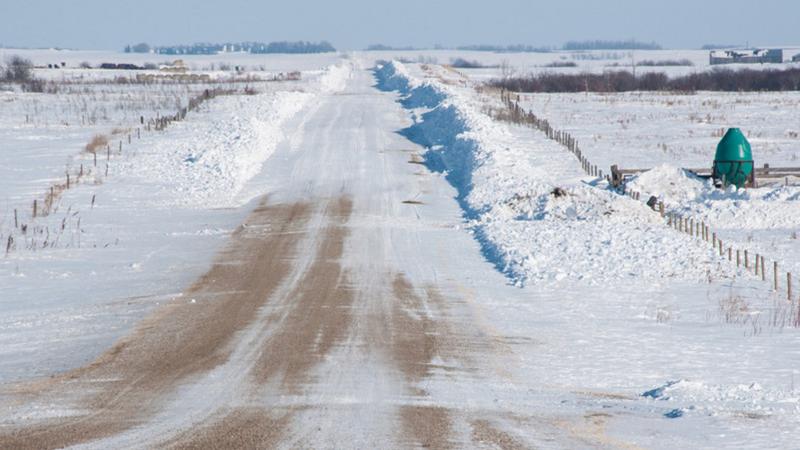
Agriculture Roundup for Friday February 17, 2023
MELFORT, Sask. – The Western Grains Research Foundation has created a series of twelve regional factsheets that show the benefits of diversifying crop rotations.
The Resilient Rotations project is part of the Integrated Crop Agronomy Cluster (ICAC) that is evaluating various crop rotations to help create more productive, sustainable, and resilient cropping systems on the prairies.
The project is led by Dr. Kui Liu, a research scientist with Agriculture and Agri-Food Canada (AAFC).
“We are approaching crop rotation by looking at a systems approach – all the elements that impact crop rotation from soil health, economics and yield to local growing conditions,” Liu said. “It’s a more holistic way to look at crop rotation and one we hope will provide new insights and options for farmers in Western Canada in a more customized, prescriptive type of approach.”


